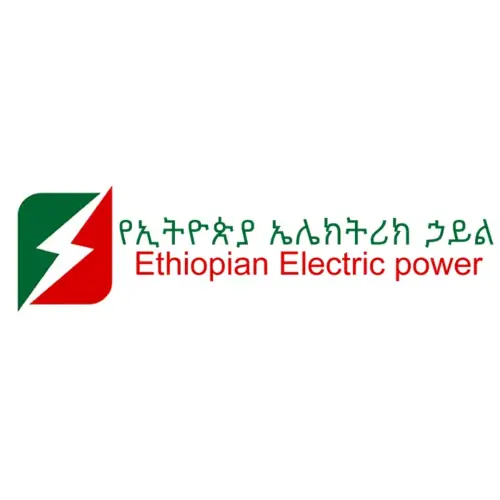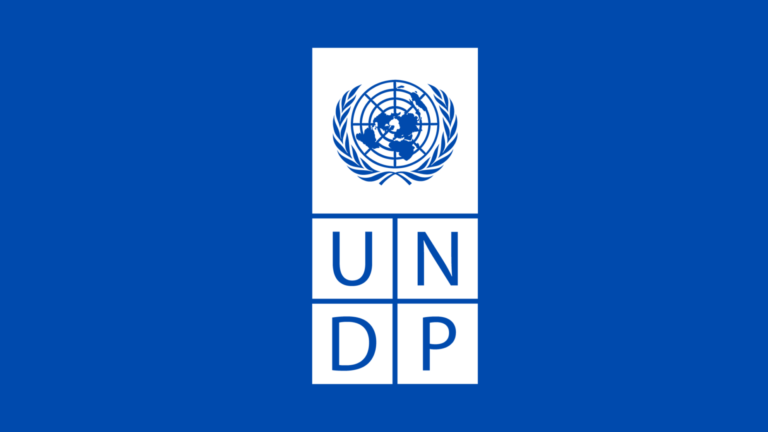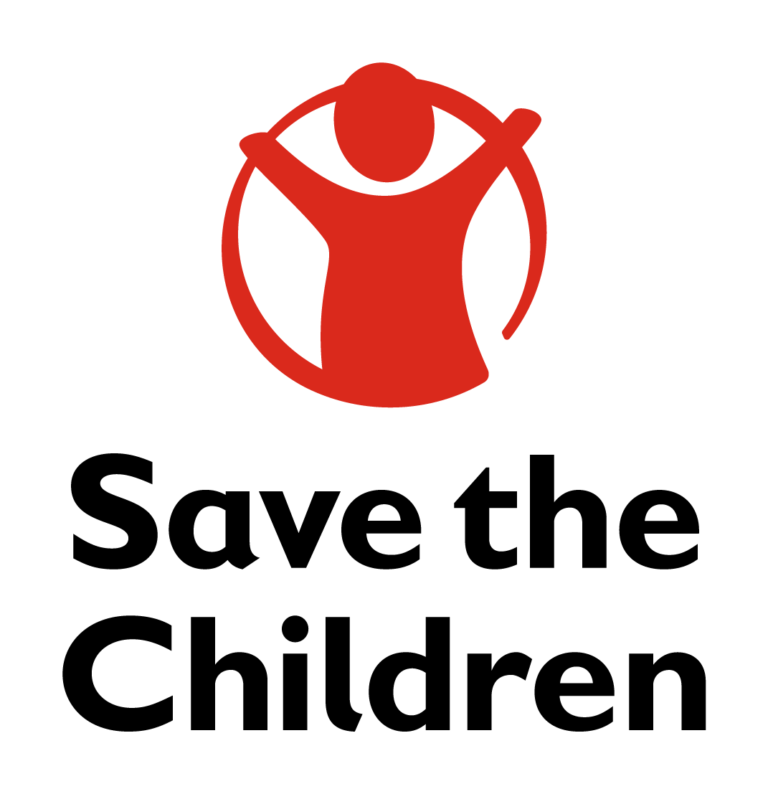Pusoy offline continues to be a favorite among card game enthusiasts who appreciate a blend of strategy, quick thinking, and competitive spirit. Despite the shift toward digital gaming, the core excitement of Pusoy remains intact—crafting superior hands to outwit opponents.
The offline mode adds a remarkable convenience, allowing players to enjoy the game without the need for a constant internet connection. This flexibility ensures that whether you’re commuting, relaxing at home, or taking a break at work, Pusoy offline delivers an equally satisfying experience. Its sustained popularity highlights how classic card games adapt well to technological advancements, preserving their charm in the digital era, as exemplified by platforms like GameZone.
The Strategic Heart of Pusoy Offline
The essence of Pusoy offline lies in its strategic depth. Each round presents an opportunity to arrange cards thoughtfully, anticipate rivals’ moves, and execute well-planned plays. The offline environment slows down the pace, encouraging careful reflection rather than rapid-fire decisions characteristic of many online games. With only your cards and a clock as companions, every victory gains significance through skill rather than speed or luck. This thoughtful approach helps maintain a deep connection with traditional card-playing values.
No internet connection is needed to enjoy the offline version, making it highly accessible. Players are able to nurture their skills anytime and anywhere, bypassing connectivity issues without compromising engagement. This attribute complements current gaming trends where convenience strongly influences user preferences. Pusoy offline serves as a testament to the idea that classic card games retain their excitement and remain relevant without heavy reliance on online features or flashy graphics.
Mastering the Basics: Smart Card Arrangements
At its core, Pusoy, also known as Chinese Poker, challenges players to discard all their cards first. This deceptively simple goal belies the complexity underneath. Decisions on whether to strengthen the front hand or to balance the cards evenly across the layout can determine outcomes dramatically. A single misstep often shifts the balance of the game.
Offline gameplay offers an ideal setting for experimentation without pressure. Players can try new card combinations, test varied arrangements, and find optimum strategies at their own pace. This space for trial-and-error makes Pusoy offline particularly appealing to beginners eager to learn as well as experienced players seeking to refine their tactics. The ability to practice repeatedly in a quiet environment adds valuable depth to the learning and mastery process.
Exploring Diverse Play Styles
Pusoy’s appeal grows through the wide array of player tactics adopted around the table. Some players lean towards calculated risks, carefully weighing each move, while others rely on quick instincts and bold action. Others prefer a balanced hand, playing conservatively to maintain control, whereas aggressive players focus on launching impactful big plays from the outset.
The offline format invites players to explore these contrasting approaches freely. It allows experimentation, from cautious maneuvers to daring gambits, helping individuals develop their unique style without the pressures or distractions of competitive online settings. As a result, the Pusoy game offline becomes more than just casual entertainment; it acts as a training ground for honing skills and gaining the confidence necessary for competitive play.
Complementing Offline Play with Online Versions
The world of Pusoy extends beyond offline modes through engaging online versions such as Pusoy Go and Pusoy Dos, available on GameZone. These online variants open doors for global competition, enabling players to face a wider pool of opponents anytime. While offline play encourages planning and strategy refinement, online matches test adaptability and quick thinking against real human players who may deploy unpredictable tactics.
This dynamic between offline and online modes enriches the player experience by balancing thoughtful gameplay with competitive interactions. Players often oscillate between practicing offline to master techniques and jumping online to apply them in energetic, real-time matches.
Mobile Gaming and GameZone’s Optimization
GameZone’s Pusoy offerings deliver a seamless mobile experience optimized for modern users. Simple and intuitive interfaces allow players to start matches quickly, experiment with new tactics, and enjoy the sport wherever they are. The design prioritizes clarity, ease of navigation, and quick access—attributes valued by both newcomers and seasoned players.
Technological improvements in loading times and gameplay smoothness eliminate frustration from lag or connection issues. This reliability mirrors the best offerings found in popular pusoy apps for Android, with the added advantage of GameZone’s consistent platform stability. Whether relaxing at home or commuting, players benefit from uninterrupted access to their favorite card game moments.
Balancing Offline and Online Advantages
Both offline and online Pusoy experiences offer distinctive benefits. Playing Pusoy Dos or other online versions facilitates social interaction, competitive tournaments, and climbable leaderboards that engage players seeking broader challenges. In contrast, offline gameplay nurtures skill development in a calm, distraction-free space, ideal for methodical practice.
Many players blend both experiences, using offline sessions to sharpen skills and online battles to test improvements against others. This complementary cycle sustains enthusiasm and cognitive sharpness, highlighting the comprehensive appeal of Pusoy as an adaptable and mentally stimulating pastime.

Classic Strategy Meets Modern Convenience
GameZone exemplifies how classic card games continue thriving in the digital era by combining traditional strategic gameplay with user-friendly online interfaces. Titles like Pusoy Dos and its online variants invite new generations to rediscover the joy of foresight, quick shifts in tactics, and the satisfaction of each well-earned victory.
The modern digital platform removes geographical and physical barriers to play, allowing users to enjoy strategic card games anytime and anywhere. This flexibility brings timeless card games further into the social and competitive fabric of contemporary game culture.
Conclusion: The Enduring Joy of Pusoy Offline
The continuous popularity of the Pusoy game offline underscores that appealing gameplay does not rely on elaborate graphics or constant internet access. The journey of building a strong hand, anticipating opponents’ moves, and mastering intricate strategies remains captivating and rewarding.
GameZone’s focus on enhancing game accessibility and engagement reflects why offline Pusoy maintains its enduring fan base amidst advancing technology. The Pusoy game offline continues to provide an exciting challenge to those who enjoy analyzing various tactics, exploring different playing styles, or diving into new online formats—all while holding onto the essence of a classic card game that has stood the test of time.






